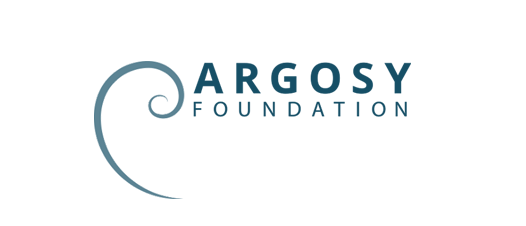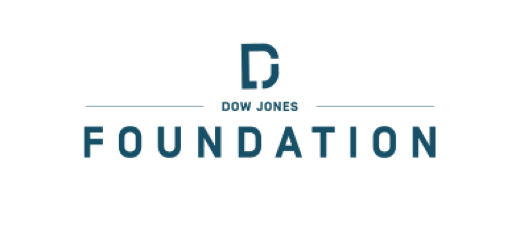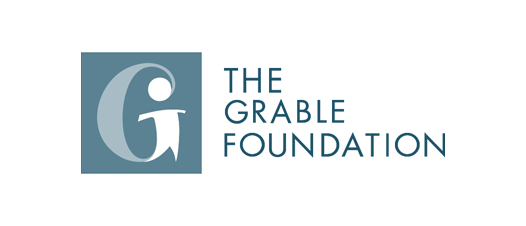🚨 IMPORTANT:
Checkology is offline July 1-31 for scheduled summer maintenance. See you in August! Read more about our summer maintenance.
Learn about the historic watchdog role that a free press has played in the United States by exploring a collection of investigative reports spanning more than a century.
News literacy topics
A free press; Investigative journalism/watchdog role; Standards of quality journalism; The First Amendment
Learning objectives
Essential questions
Excerpt
“In the United States, our shared freedoms occasionally come under attack. We, as journalists, have a responsibility to investigate and report any attempts by those in power to take away or limit those freedoms. This is the essence of the watchdog role. Sometimes, this means exposing wrongdoing by government officials. And other times, it’s about uncovering illegal or unethical practices by large corporations. It can even involve a news service exposing deceitful or harmful practices at another news organization. In many cases, investigative reporting requires tracking down information that someone is actively trying to hide. Sometimes, it takes a team of reporters years to gather and verify information before their stories see the light of day. The motto here at The Washington Post is ‘Democracy dies in darkness’ because without journalists shining a light on corruption, waste and abuse, the American people would be kept largely in the dark. They wouldn’t have the information they need to make informed decisions that hold powerful people and organizations accountable for their actions.”







© 2024 The News Literacy Project Privacy policy Terms of use